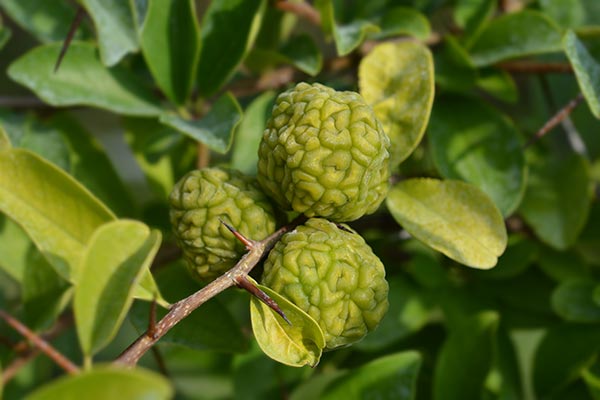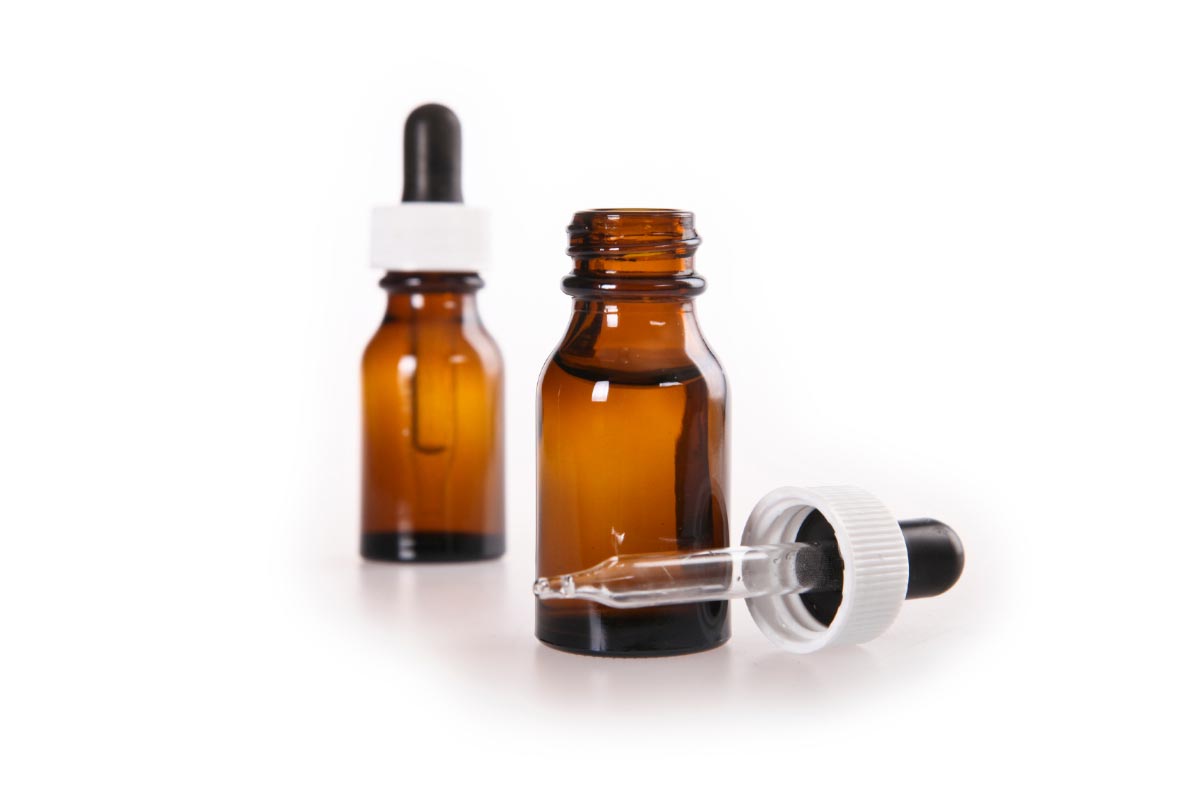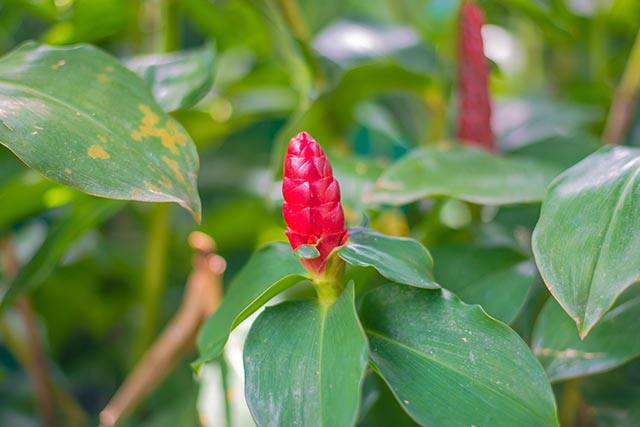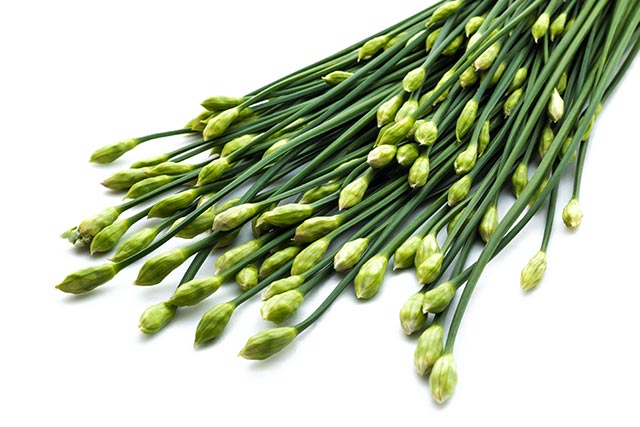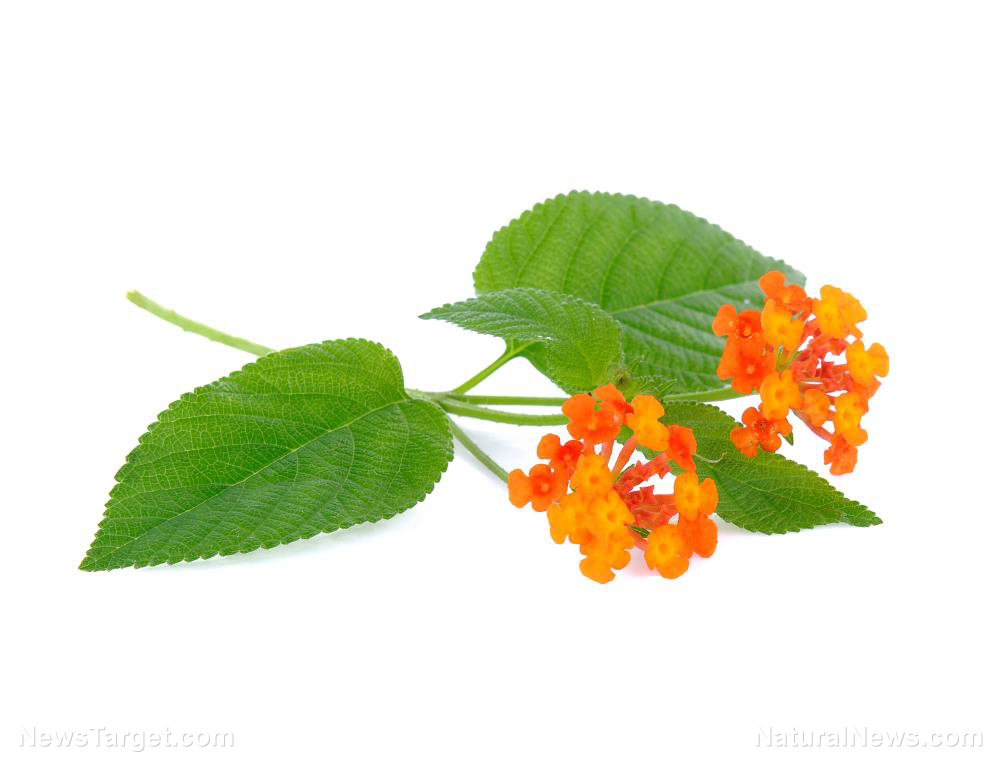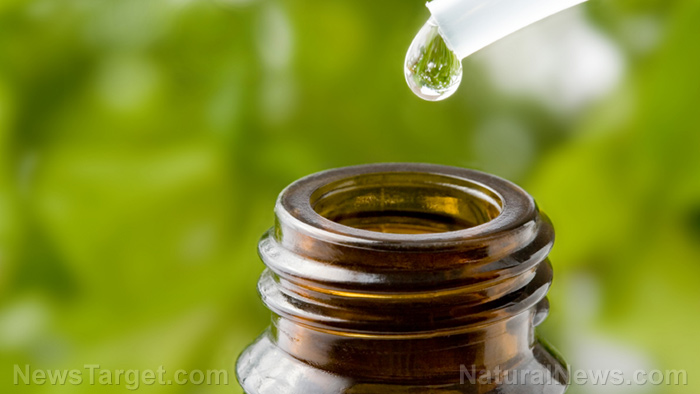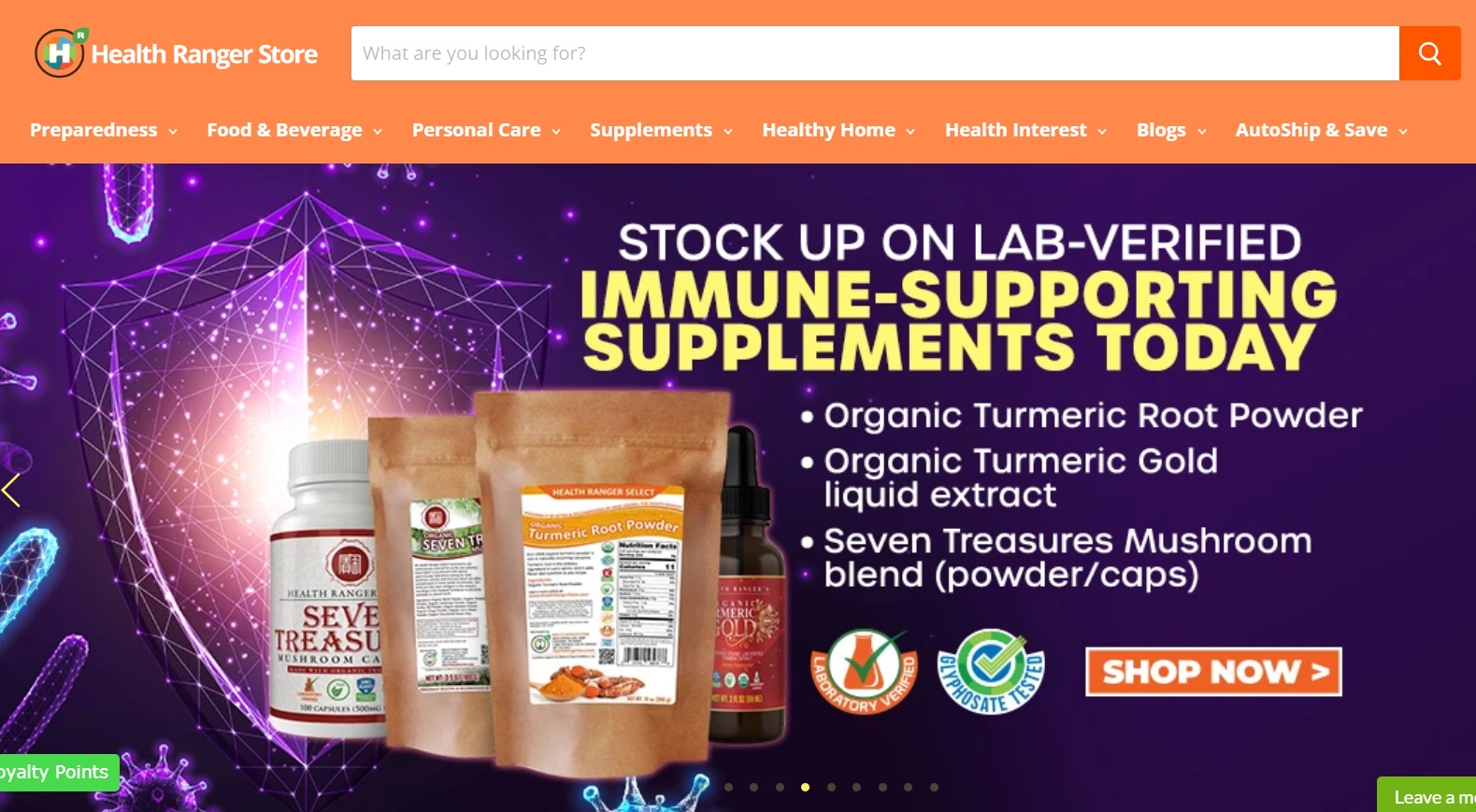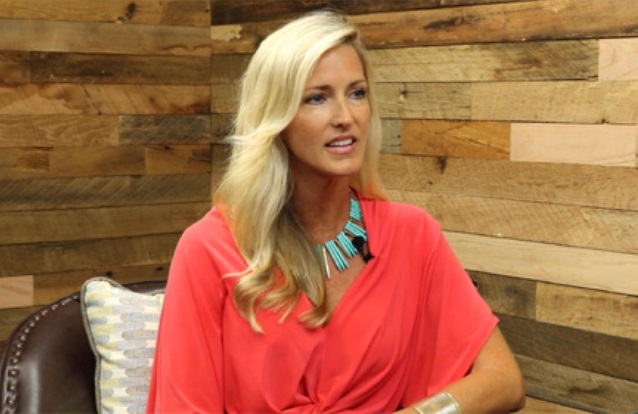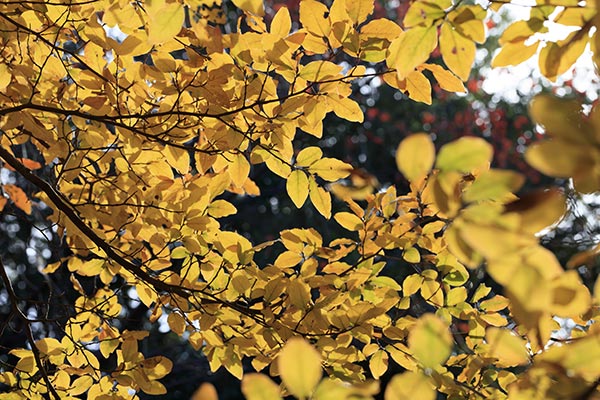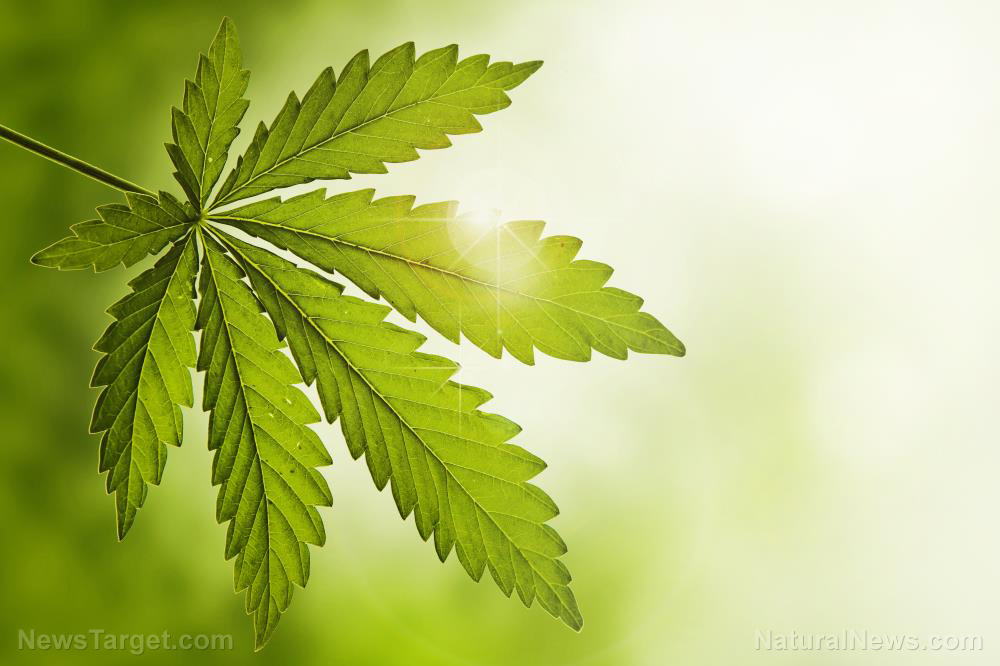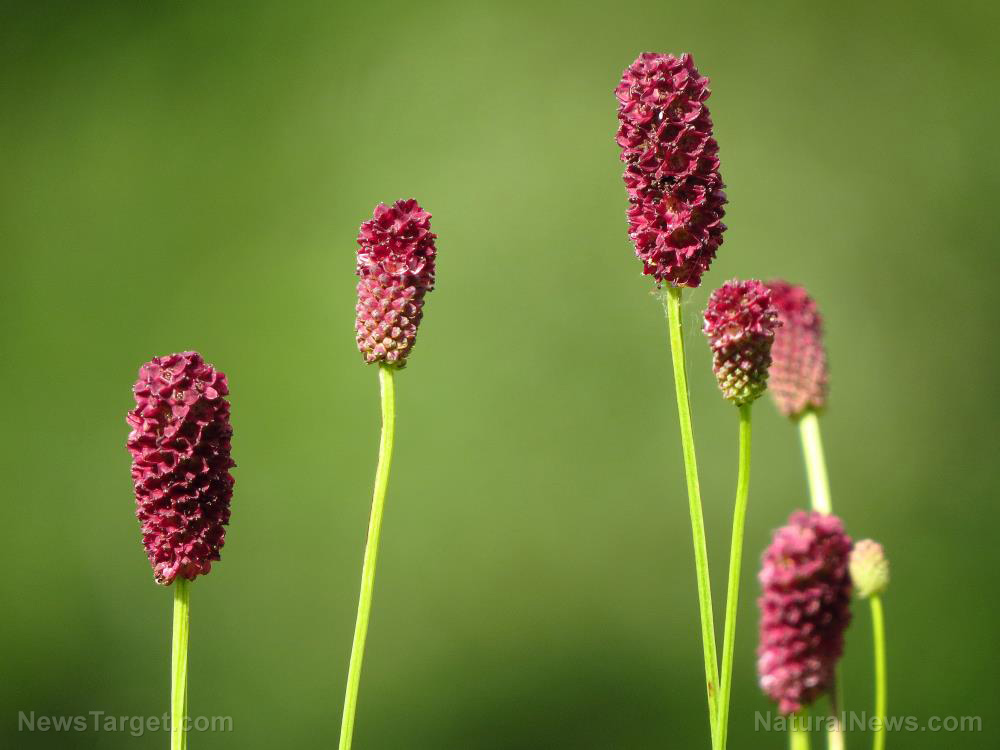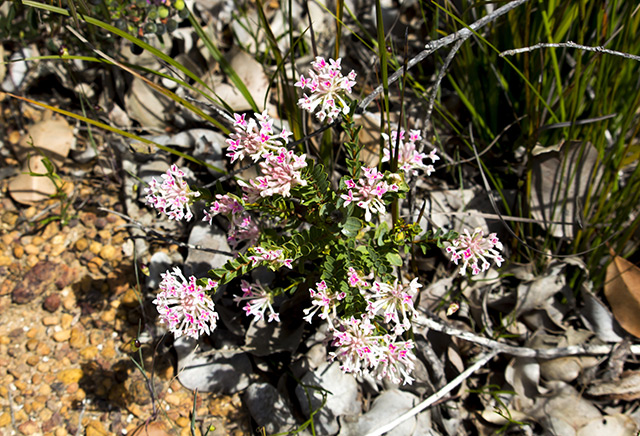Are you smoking pesticides? Canada decides against chemical testing of medical marijuana
02/19/2017 / By Vicki Batts

If there’s one thing you want to be sure of when you’re smoking cannabis for medicinal uses, its that the plant you’re using hasn’t been treated with chemicals that can make you even sicker. While this concept may seem like an obvious statement, Health Canada has recently admitted that they do not know how widespread the use of banned pesticides is in the medical cannabis growing industry.
Apparently, the regulatory agency has been allowing growers to police themselves when it comes to the use of potentially hazardous chemicals, like myclobutanil.
During a briefing with The Globe And Mail, a senior Health Canada official confessed that the department had not been testing cannabis growers to ensure they were not, in fact, using myclobutanil — which is prohibited and known to create hydrogen cyanide when heated.
Myclobutanil is often used in the cannabis industry to save plants that have become wrought with mold or mildew. Often seen as “Eagle 20” or “Nova 40″ on store shelves, the pesticide is approved for use on some fruits and vegetables. Due to its toxic nature when heated, it is not approved for use on plants that are smoked. In California, it is considered a carcinogen, and other U.S. states like Colorado and Oregon have banned it.
The senior official stated, “Up until this point, we have not required licensed producers [LPs] to test for any unauthorized pesticides, nor have we been testing all LPs, and it is because we expect their companies to be pro-actively watching and taking the appropriate measures to ensure non-authorized products aren’t used.”
Can you imagine the effects this laissez-faire attitude would have in other industries? We’d all be green with radiation by now.
Dangerous pesticide found in cannabis
Considering Health Canada’s recent admission, it comes as no surprise that in the last few weeks, three of the 38 federally licensed marijuana growing companies have had to recall their products due to the presence of myclobutanil.
Customers battling with cancer and other conditions that lead to compromised immune systems were among those angered by the dangerous find.
In December, The Globe revealed that the presence of myclobutanil was the real reason behind the cannabis recall — something manufacturers and Health Canada alike had neglected to report to the public when it was first announced. Apparently, another banned pesticide was found in Mettrum’s products initially, and it prompted further investigation. It was the subsequent testing that revealed the presence of myclobutanil.
Shortly thereafter, more pesticide problems began to emerge. OrganiGram and Aurora Cannabis also announced their own recalls — again because of myclobutanil. Aurora Cannabis discovered the presence of the hazardous chemical after conducting testing on a shipment of product received from OrganiGram.
Even several jurisdictions within the United States have banned the use of myclobutanil for cannabis crops. And the U.S. has been lagging behind its peers when it comes to pesticide regulation, we all know that for sure.
At least one woman, Dawn Rae Downton, has come forward to speak out about the harm tainted cannabis has caused her. She is one of several people to have reported an adverse reaction to OrganiGram’s cannabis.
“I am living proof there have been very adverse effects. I lost eight months of my life,” she said. “I’m living proof that Health Canada is not protecting medical marijuana patients.”
Will Canada take sufficient action?
In an effort to quell the growing issue of banned pesticides being used by cannabis growers, Health Canada has announced that they are now “preparing” to begin random testing on licensed producers. Letters will reportedly be sent to each of the 38 approved cannabis growers, to inform them of the new system that will be in place.
Random testing is not mandatory, regular chemical testing. Government officials say that while producers are required to test for mold, bacteria, and heavy metals, testing for pesticides regularly will still be optional. When asked how patients could be confident that the cannabis they buy is safe, Health Canada stated that they “believe the system works.”
Right. That’s why myclobutanil was literally just found in cannabis — because the system works.
Health Canada has said that it is open to possibly looking into regular, mandatory testing in the future, but only “if additional problems persist.”
Rodger Voelker, the lab director at OG Analytical in Oregon and the man credited with making the discovery of myclobutanil in U.S. cannabis, says that random testing simply isn’t enough to put a stop to the problem.
Voekler explains that cannabis crops can be worth hundreds of thousands of dollars, and it is often worth it to the grower to try to save the crop in any way they can — even if it means using banned chemicals. He believes leaving cannabis companies to simply police themselves is not a good idea.
Sources:
Tagged Under: Canada, medical marijuana
RECENT NEWS & ARTICLES
Herbs.News is a fact-based public education website published by Herbs News Features, LLC.
All content copyright © 2018 by Herbs News Features, LLC.
Contact Us with Tips or Corrections
All trademarks, registered trademarks and servicemarks mentioned on this site are the property of their respective owners.


